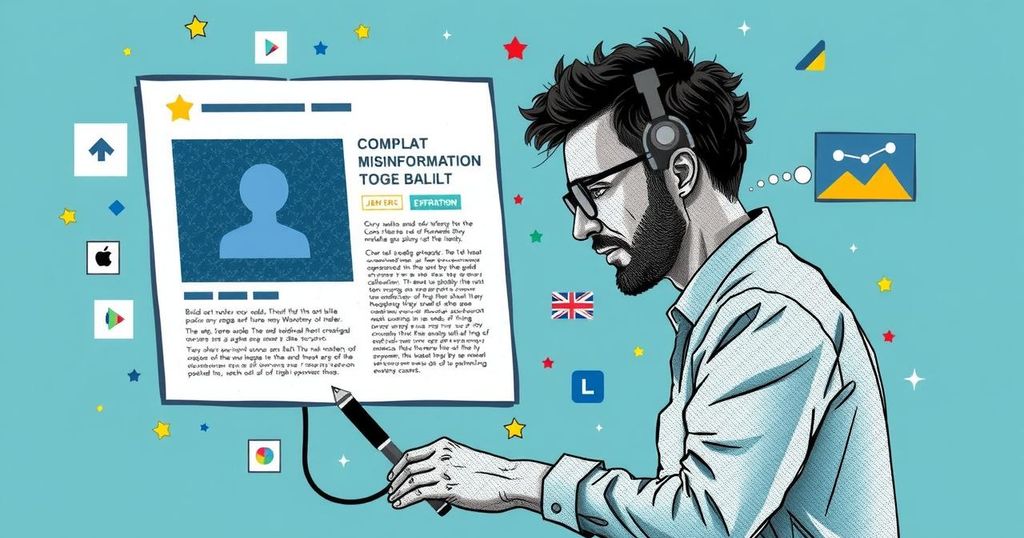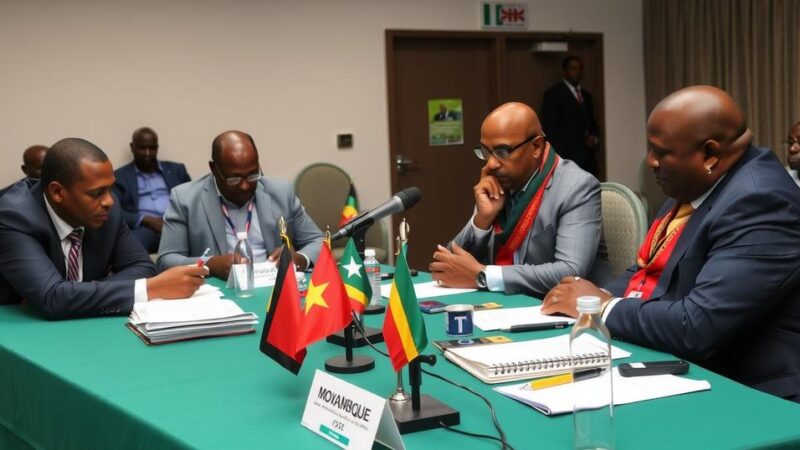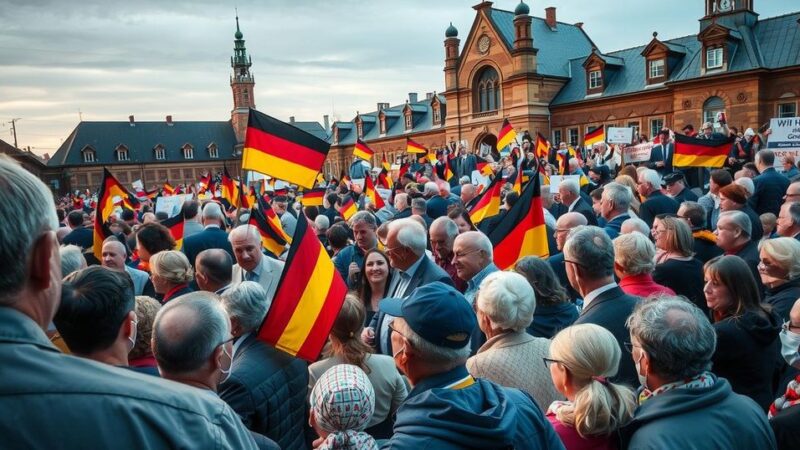The IGF 2024 panel emphasized the importance of election coalitions in combating misinformation during global elections, showcasing effective models like Brazil’s Comprova and Facts First PH. Panelists discussed challenges such as maintaining coalition momentum, engaging youth, and balancing neutrality while interacting with governments. Key recommendations called for relationship-building, independent coordinators, and sustained collaboration to ensure these coalitions effectively combat misinformation.
The panel discussion at the IGF 2024 in Riyadh, themed ‘Combating Misinformation with Election Coalitions,’ underscored the necessity of collaborative efforts to counter misinformation affecting global elections. Esteemed panelists from various sectors, including Google, journalism, and fact-checking organizations, emphasized the importance of establishing election coalitions to protect democratic integrity. Mevan Babakar, representing Google, presented the ‘Elections Playbook,’ a guide aimed at fostering effective coalitions based on trust, neutrality, and collaboration among diverse stakeholders.
The discourse highlighted effective models such as Brazil’s Comprova initiative, which integrates media organizations to verify election claims, and Facts First PH from the Philippines, which utilizes a community-driven approach for disseminating fact-checked information. Daniel Bramatti, a Brazilian investigative journalist, advocated for fact-checking as a vital free-speech mechanism in the face of misinformation, stating, ‘Fact-checking is the free speech response to misinformation.’ This reflects a commitment to ensuring contextual accuracy rather than resorting to censorship.
Challenges such as sustaining coalition engagement after elections, managing governmental pressures, and addressing the issues posed by AI-generated misinformation were key points of discussion. Alex Walden, Google’s Global Head of Human Rights, addressed the necessity of maintaining neutrality while interacting with governmental bodies, urging, ‘We have to be mindful of the role that we have in engaging neutrally.’ This emphasizes the need for transparent content moderation policies to foster trust.
Moreover, the panel acknowledged the significance of engaging youth demographics in fact-checking initiatives, reflecting on media literacy programs in Nigeria as a positive step forward. Conclusively, panelists advocated for a multistakeholder approach that tackles specific misinformation harms rather than broadly categorizing issues under the term ‘misinformation,’ aligning with the recommendations from Peter Cunliffe-Jones of Westminster University.
The session culminated with essential recommendations for individuals interested in initiating or participating in election coalitions. Key takeaways included the importance of nurturing relationships and selecting independent coordinators, with a collective call for sustained collaboration and adaptation to local contexts to effectively navigate the evolving challenges of misinformation, ensuring coalition resilience beyond election cycles.
In the wake of increasing misinformation threats during elections, global discourse has shifted towards how collaborative efforts can mitigate these challenges. The Digital Watch Observatory has highlighted the emergence of election coalitions as a response mechanism. As misinformation can distort democratic processes, stakeholders from various sectors are joining forces to form coalitions that utilize fact-checking, information sharing, and media literacy initiatives aimed at fostering informed electorates and enhancing democracy worldwide.
In conclusion, the IGF 2024 panel discussion effectively encapsulated the critical need for election coalitions to tackle misinformation during elections. By fostering collaboration among diverse stakeholders, promoting fact-checking initiatives, and engaging young audiences, these coalitions can significantly contribute to safeguarding democratic processes. Sustaining these efforts and adapting strategies to local contexts will be essential for their success and longevity beyond election periods.
Original Source: dig.watch







